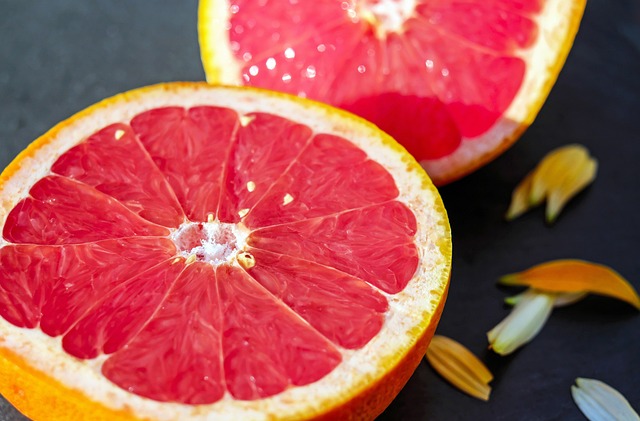The Power of Probiotics: How These Live Cultures Boost Your Gut Health
Your gut is home to billions of bacteria, both good and bad. The good bacteria help maintain a healthy gut, while the bad bacteria can cause various health problems.
What are Probiotics?
Probiotics are live microorganisms that are beneficial to your health, especially to your digestive system. They are often referred to as friendly or good bacteria because they help keep your gut healthy by balancing the levels of good and bad bacteria.
How Do Probiotics Work?
When you take probiotics, the live cultures travel to your digestive tract where they settle and multiply. Once there, they start to outcompete the harmful bacteria, which can lead to a healthier gut and improved digestion.
Probiotics also strengthen the gut lining by creating a barrier against harmful substances that can enter your body through food or medication. This can help prevent health conditions such as leaky gut syndrome, irritable bowel syndrome, and other digestive disorders.
What are the Benefits of Probiotics?
Probiotics have been shown to have numerous health benefits, including:
- Improved digestion: Probiotics can help improve digestion by breaking down food and nutrients more effectively.
- Boosted immune system: Probiotics help stimulate the immune system, which can boost your body’s ability to fight off disease.
- Reduced inflammation: Probiotics have anti-inflammatory properties, which can help reduce inflammation in the gut and throughout the body.
- Reduced risk of infections: Probiotics can help prevent and reduce the severity of infections, such as urinary tract infections and yeast infections.
- Better mental health: Probiotics have been shown to have a positive effect on mental health by reducing stress, anxiety, and depression.
- Healthier skin: Probiotics can help improve the overall health and appearance of your skin by reducing inflammation and improving the skin’s barrier function.
Where Can You Find Probiotics?
Probiotics can be found in many different foods and supplements. Some of the best food sources of probiotics include:
- Yogurt
- Kefir
- Sauerkraut
- Kimchi
- Miso
- Tempeh
Probiotic supplements are also available in many different forms, including capsules, powders, and liquids. When choosing a probiotic supplement, be sure to look for one that contains live and active cultures, and has been shown to be effective in clinical studies.
Are There Any Risks of Taking Probiotics?
For most people, taking probiotics is safe and does not cause any side effects. However, some people may experience mild digestive symptoms such as gas, bloating, or diarrhea.
If you have a weakened immune system, you should talk to your doctor before taking probiotics. In rare cases, probiotics can cause serious infections in people with weakened immune systems.
Conclusion
Probiotics have many health benefits and can be an effective way to maintain good gut health. By adding probiotic-rich foods to your diet or taking a probiotic supplement, you can help balance the levels of good and bad bacteria in your gut, improve digestion, boost your immune system, and reduce your risk of various health conditions.
So, next time you’re at the grocery store, be sure to pick up some yogurt, sauerkraut, or other probiotic-rich foods to add to your diet. Your gut (and the rest of your body) will thank you for it!







